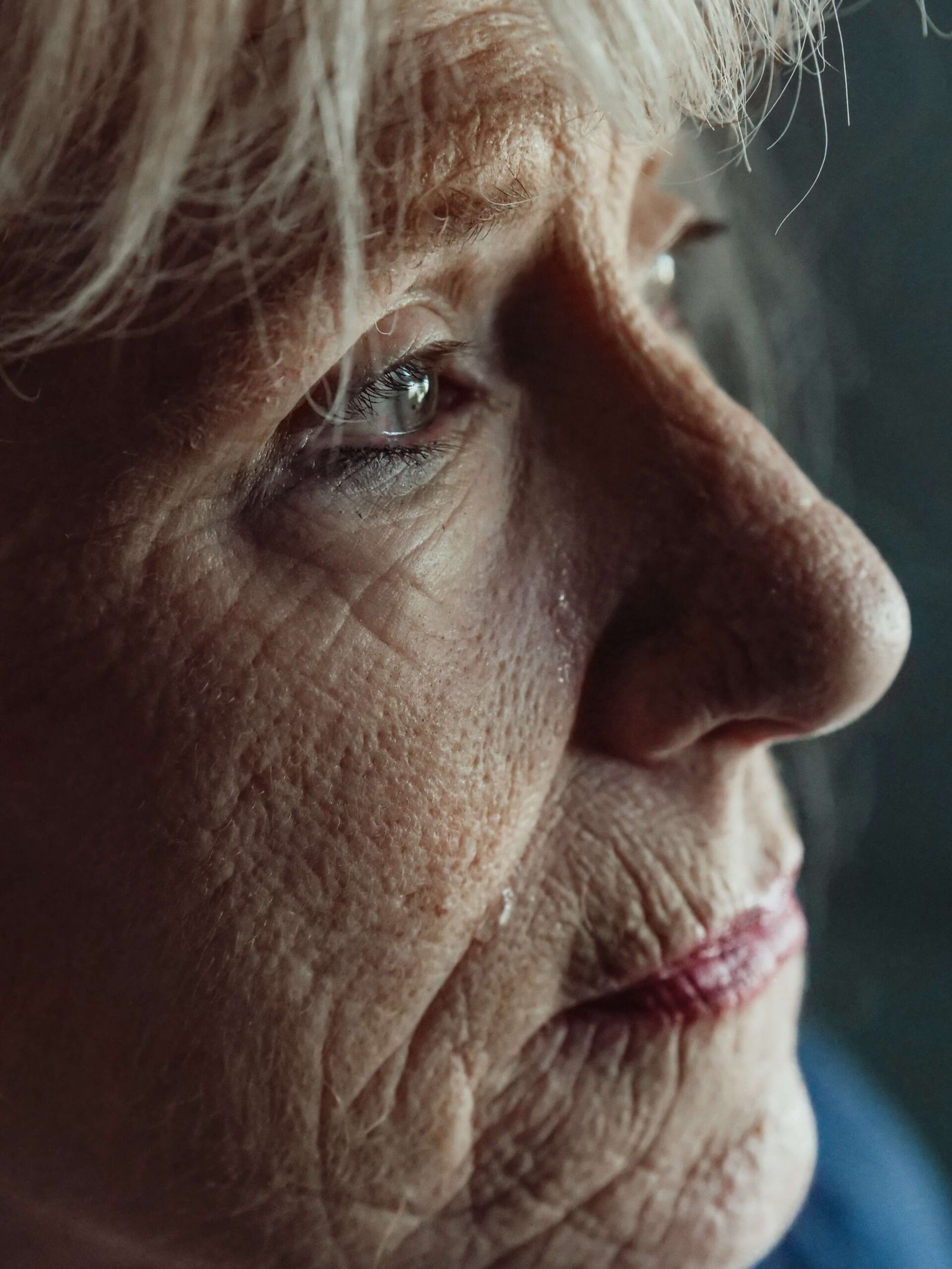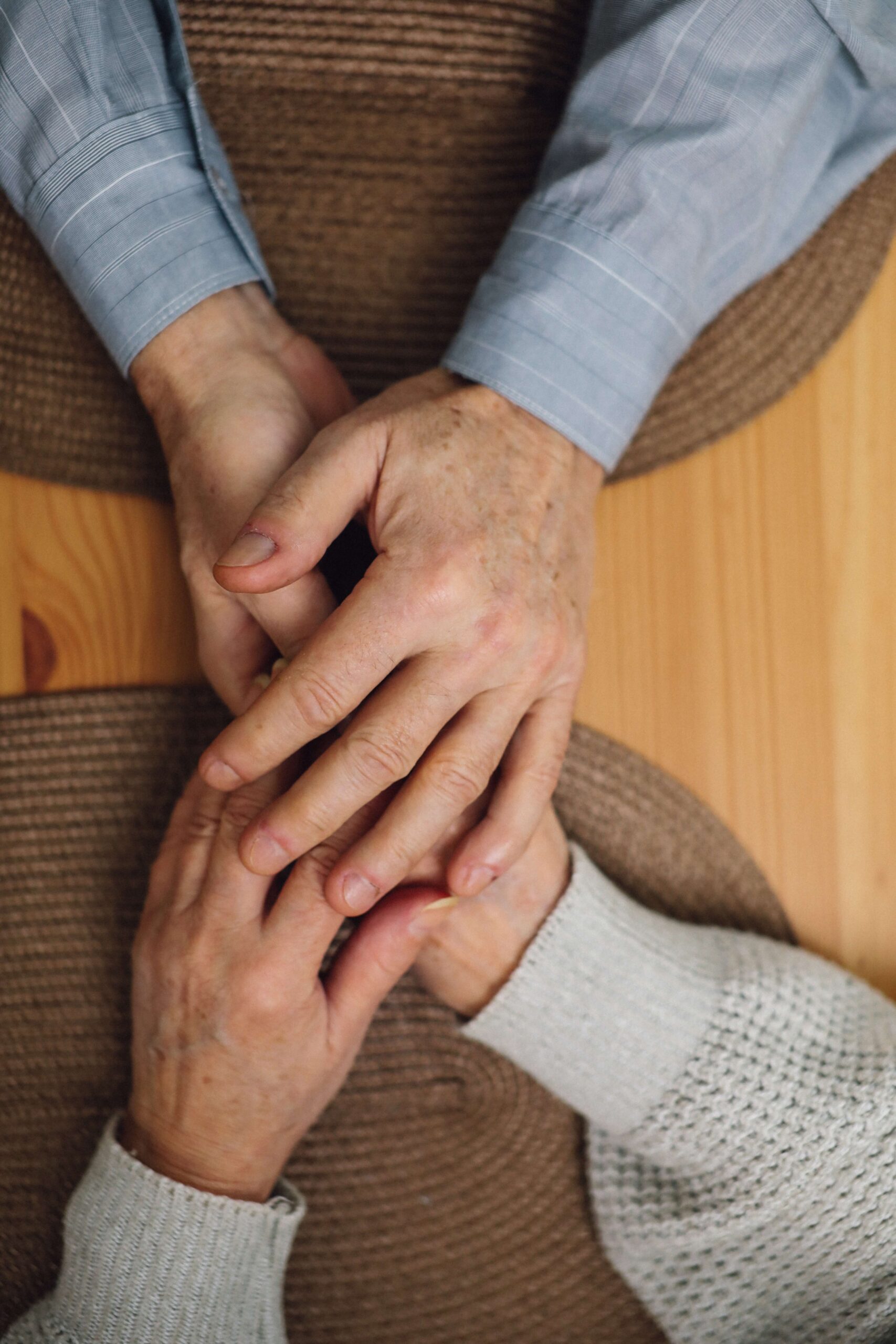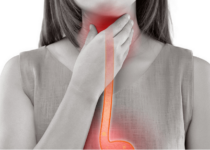Parkinson’s Disease- 5 main cause How to overcome?
Parkinson’s disease: what is it?
This is a progressive neurological condition.
In the substantia nigra, dopamine is low.
Dopamine levels are low when this occurs. Symptoms of Parkinson’s start when they have withdrawn 60 to 80 percent.
Parkinson’s patients repeatedly record having sleep problems, constipation, distress smelling, and restless legs before encountering stiffness and tremor.
Parkinson’s disease diagnosis

Parkinson’s disease is one of the various disorders that can bring on lookalike symptoms. Initially, these disorders may be inaccurate for Parkinson’s, but positive medical tests, furthermore the response to drug treatment, may assist them.

Currently, there’re no blood tests or laboratory tests to diagnose nongenetic cases of Parkinson’s disease. A person’s medical history and a neurological exam are needed. Generally, Parkinson’s disease patients enhance after commencing medication.
Factors
Parkinson’s disease is a neurological disorder caused by changes in the brain. Scientists have identified several variations that occur, but it’s unclear why they do.
Low levels of dopamine
A low level of dopamine may lead to Parkinson’s disease. It’s a neurotransmitter. In the brain, dopamine-producing cells die.
Norepinephrine levels are short. Parkinson’s disease may additionally cause by it.
- Rigidity and stiffness
- Instability of posture
- Unrest
- Stress
- Focusing problems
- Alzheimer’s
- Anxiety
5 main Cause
1. Isomorphic bodies
People with Parkinson’s disease may have clumps of protein titled alpha-synuclein, or Lewy bodies, in their brains.

Dementia can additionally result from it.
The symptoms of Parkinson’s disease and Lewy body dementia are similar, but not the same.
2. Genes
Genes may affect Parkinson’s disease.
Only 10% of cases look to be genetic, mostly in citizens with before-time onset disease.
Factors playing a role in autoimmunity
According to the researchers, Parkinson’s disease may be linked to autoimmune diseases, for example, rheumatoid arthritis.
3. The sexual aspect

The risk of developing Parkinson’s disease is 1.5 times higher for men than for women.
The age. Parkinson’s usually affects between the ages of 50 and 60. In about four percent of cases, it occurs before the age of 40.
4. Genealogy
Parkinson’s disease is more doubtless to design in citizens who have lock family members with the disease.
5. A toxin
A toxic environment may enhance the risk of Parkinson’s disease.
Injured head. Parkinson’s disease may be more doubtless to design amongst the group who have encountered head injuries.
Parkinson’s Disease Treatment
There is no restore for Parkinson’s disease, but medicines, surgical treatment, and other therapies can frequently alleviate several symptoms.
Parkinson’s Disease medications
Parkinson’s following medications:
- Drugs that enhance dopamine levels in the brain
- Another drug that bears on brain chemicals
- Controlling nonmotor symptoms with drugs
What are the stages of Parkinson’s disease?
Parkinson’s disease impacts each person differently. Several nations don’t encounter all the symptoms of the disease. Several communities have serene symptoms while other people.
Generally, the disease progresses from a before time stage to a mid-stage stage to a sophisticated is what typically happens at each stage:
The 1st stage
Parkinson’s disease generally presents serene before-time symptoms that seem slow and do not meddle with daily activities. Sometimes it’s hard to detect before-time, or you may reflect that before-time symptoms are just usual subscribes of aging. You may feel uneasy. Over there may be tremors or concerns standing.
A family member or comrade may note several of the refined subscribes before you do.
During mid-stage
The symptoms commence worsening. Both sides of the body may now encounter tremors, muscle stiffness, and movement problems. Spilling and balance issues are fitting more common. Regardless you’re still fully independent, daily activities of daily living, for example, bathing and dressing, are more thought-provoking and taking longer.
In the mid-late stages
Standing and walking have become increasingly need help with a walker. Continuing to live at domestic may need full-time assistance.
The sophisticated stage
Levodopa
additionally known as L-dopa is the essential treatment for Parkinson’s disease. Parkinson’s patients should never discontinue taking levodopa without referring their doctors.





